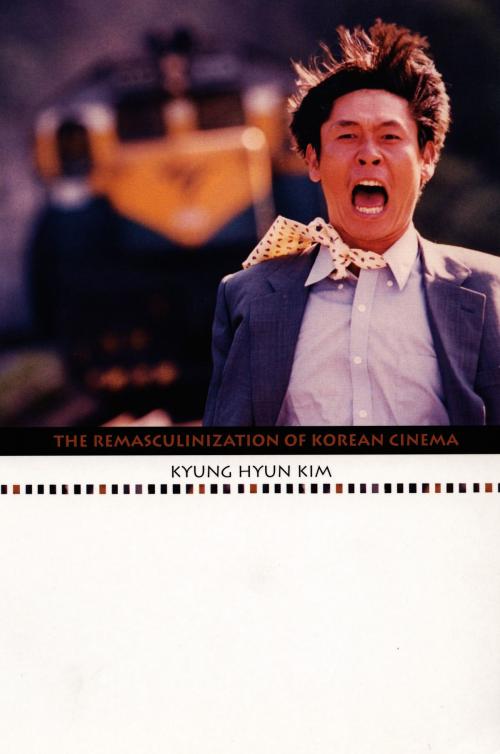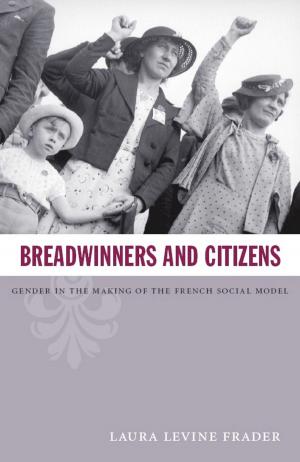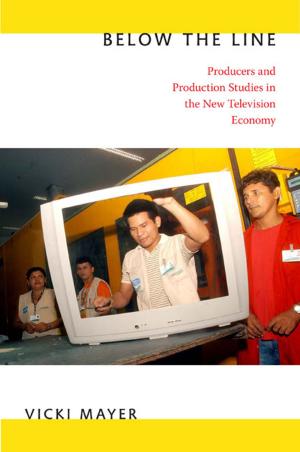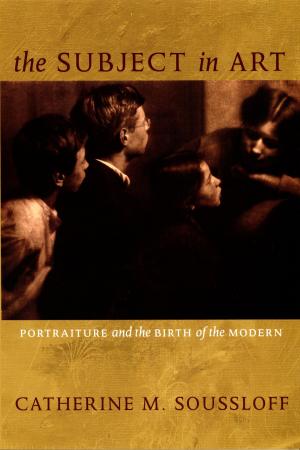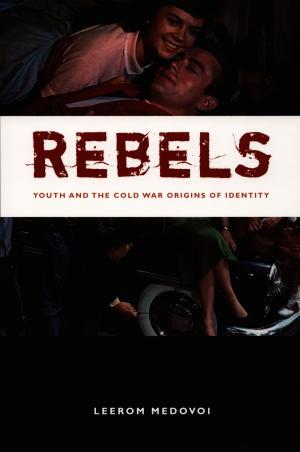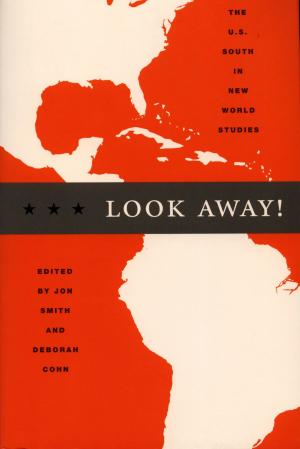The Remasculinization of Korean Cinema
Nonfiction, History, Asian, Asia, Entertainment, Performing Arts, Film| Author: | Kyung Hyun Kim, Rey Chow, Harry Harootunian, Masao Miyoshi | ISBN: | 9780822385585 |
| Publisher: | Duke University Press | Publication: | March 8, 2004 |
| Imprint: | Duke University Press Books | Language: | English |
| Author: | Kyung Hyun Kim, Rey Chow, Harry Harootunian, Masao Miyoshi |
| ISBN: | 9780822385585 |
| Publisher: | Duke University Press |
| Publication: | March 8, 2004 |
| Imprint: | Duke University Press Books |
| Language: | English |
In one of the first English-language studies of Korean cinema to date, Kyung Hyun Kim shows how the New Korean Cinema of the past quarter century has used the trope of masculinity to mirror the profound sociopolitical changes in the country. Since 1980, South Korea has transformed from an insular, authoritarian culture into a democratic and cosmopolitan society. The transition has fueled anxiety about male identity, and amid this tension, empowerment has been imagined as remasculinization. Kim argues that the brutality and violence ubiquitous in many Korean films is symptomatic of Korea’s on-going quest for modernity and a post-authoritarian identity.
Kim offers in-depth examinations of more than a dozen of the most representative films produced in Korea since 1980. In the process, he draws on the theories of Jacques Lacan, Slavoj Zizek, Gilles Deleuze, Rey Chow, and Kaja Silverman to follow the historical trajectory of screen representations of Korean men from self-loathing beings who desire to be controlled to subjects who are not only self-sufficient but also capable of destroying others. He discusses a range of movies from art-house films including To the Starry Island (1993) and The Day a Pig Fell into the Well (1996) to higher-grossing, popular films like Whale Hunting (1984) and Shiri (1999). He considers the work of several Korean auteurs—Park Kwang-su, Jang Sun-woo, and Hong Sang-su. Kim argues that Korean cinema must begin to imagine gender relations that defy the contradictions of sexual repression in order to move beyond such binary struggles as those between the traditional and the modern, or the traumatic and the post-traumatic.
In one of the first English-language studies of Korean cinema to date, Kyung Hyun Kim shows how the New Korean Cinema of the past quarter century has used the trope of masculinity to mirror the profound sociopolitical changes in the country. Since 1980, South Korea has transformed from an insular, authoritarian culture into a democratic and cosmopolitan society. The transition has fueled anxiety about male identity, and amid this tension, empowerment has been imagined as remasculinization. Kim argues that the brutality and violence ubiquitous in many Korean films is symptomatic of Korea’s on-going quest for modernity and a post-authoritarian identity.
Kim offers in-depth examinations of more than a dozen of the most representative films produced in Korea since 1980. In the process, he draws on the theories of Jacques Lacan, Slavoj Zizek, Gilles Deleuze, Rey Chow, and Kaja Silverman to follow the historical trajectory of screen representations of Korean men from self-loathing beings who desire to be controlled to subjects who are not only self-sufficient but also capable of destroying others. He discusses a range of movies from art-house films including To the Starry Island (1993) and The Day a Pig Fell into the Well (1996) to higher-grossing, popular films like Whale Hunting (1984) and Shiri (1999). He considers the work of several Korean auteurs—Park Kwang-su, Jang Sun-woo, and Hong Sang-su. Kim argues that Korean cinema must begin to imagine gender relations that defy the contradictions of sexual repression in order to move beyond such binary struggles as those between the traditional and the modern, or the traumatic and the post-traumatic.
